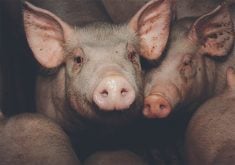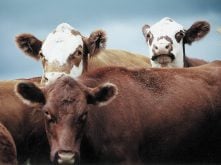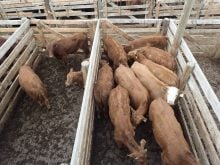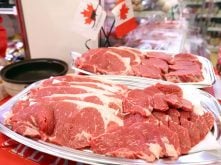A petition from a group of disgruntled American cattle producers has gone further than anyone expected.
By a vote of four to two, the United States’ International Trade Commission agreed to investigate the Canadian cattle industry, as well as 30 farm programs that might give Canadians a leg up in the beef trade.
“We were disappointed by the decision by the ITC,” said Nithi Govindasamy, trade specialist with Alberta Agriculture. “We thought there was sufficient evidence presented on the Canadian side by all parties concerned to persuade them to throw the case out.”
Read Also
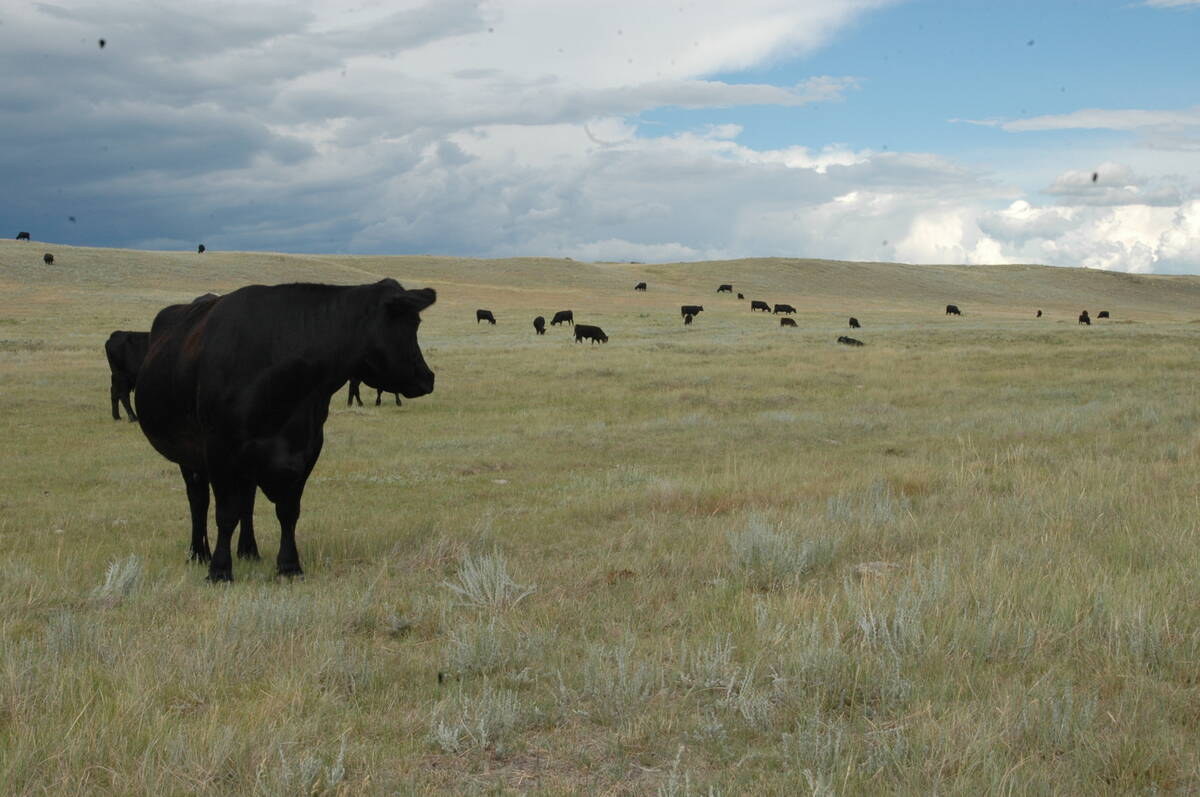
Saskatchewan Cattle Association struggles with lower marketings
This year’s change in the provincial checkoff has allowed the Saskatchewan Cattle Association to breathe a little easier when it comes to finances.
The legal tab could be a $3 million touch for an investigation that could drag out to January 2000.
“This is a very frivolous type of activity that is consuming a lot of time, effort, money and resources away from the real things that the industries on both sides of the border should be doing,” said Govindasamy.
Meanwhile, an anti-dumping case against Mexico, also brought by the Ranchers-Cattlemen Legal Foundation, was thrown out.
It has left cattle producers wondering what is next.
“The bar has been raised. There is the whole factor of uninhibited access to the U.S. markets being questioned,” said Ben Thorlakson, president of the Canadian Cattlemen’s Association.
“There’s more apprehension in the industry and certainly more uncertainty,” he said.
The investigation has a series of steps.
On the countervail side, investigators may have a preliminary finding by Feb. 25, but could extend their investigations to May 11.
The investigation involves the department of commerce collecting information on 30 Canadian programs. It will examine the pricing practices of the Canadian Wheat Board, effects of the Net Income Stabilization Account, feeder associations, grazing lease programs and the Quebec farm income stabilization program.
On the anti-dumping side, the department of commerce has until May 2, with provisions for a 60-day extension. A temporary duty could be imposed on Canadian cattle at this time.
No one knows if the duties will be a percentage charge based on the value of the animal or money paid per animal.
In its anti-dumping investigation, the department is sending questionnaires to a small number of Canadian exporters. It’s a thorough scrutiny of their records to determine if they have been selling into the United States below their cost of production.
“Under U.S. law and the WTO, if people refuse to submit to thorough questioning, the department of commerce can decide to use what they call best information available. Usually best information available is whatever the petitioners allege,” said Govindasamy.
The anti-dumping investigation will examine the period from Oct. 1997 to September 1998 and the countervail query covers the 1997 fiscal year.




